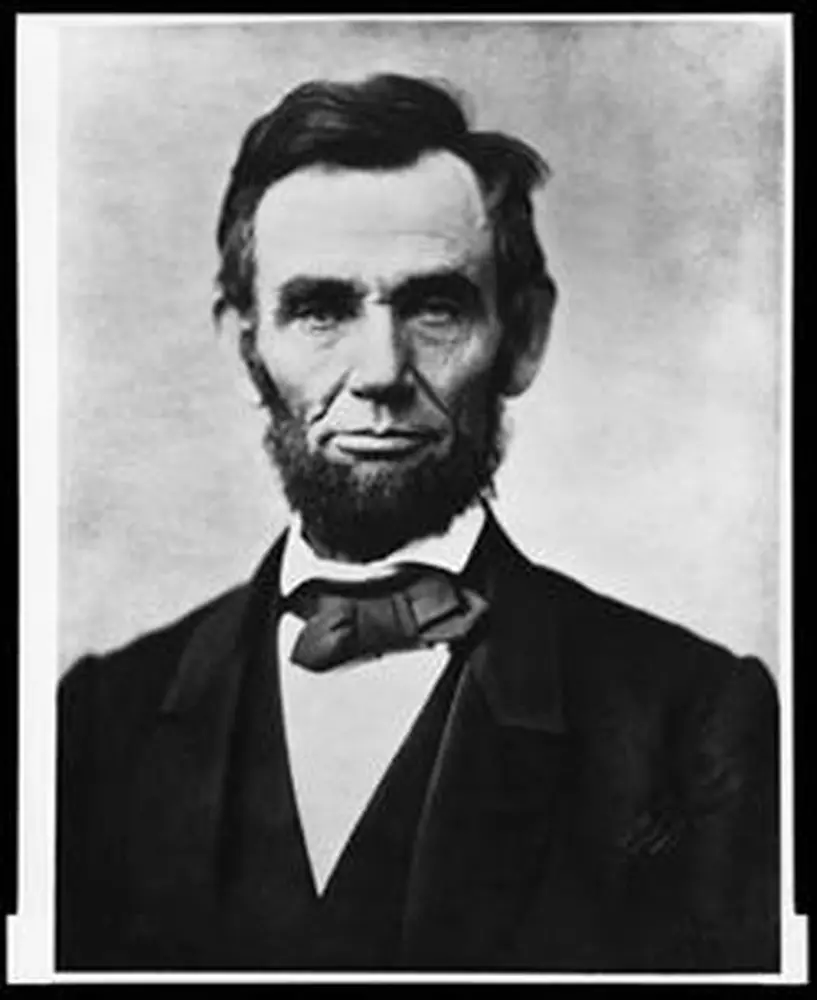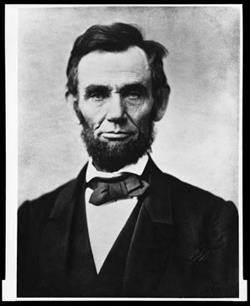
By Vernon Burton
Dr. Burton is a professor emeritus of history, sociology, and African American studies at U of I and is the author of Age of Lincoln.

In 1862 Abraham Lincoln signed the Land Grant College Act, and we today are the beneficiaries. Historian Allen Nevins, an Illinois alum, wrote at the centennial of that act, “It was an immortal moment in the history of higher education in America and the world when, on July 2, 1862, Abraham Lincoln lifted his pen and signed the College Land Grant Act....”
I hope that one day the University of Illinois is recognized as Mr. Lincoln’s University (just as the University of Pennsylvania is known as Mr. Franklin’ University and the University of Virginia is known as Mr. Jefferson’s University). Land-grant colleges were called people’s colleges or farmers’ colleges, and they were also known as democracy’s colleges, a title I love and one that describes what the University of Illinois is all about.
In the mid-1800s, when reformers began a push for better higher education, they saw the need for colleges to offer practical knowledge and more science in this developing democratic republic. Darwin’s The Origins of the Species appeared in 1859, which is the year President James Buchanan vetoed a bill calling for land-grant colleges. It had to wait for Lincoln’s signature in 1862, which was the year prior to the creation of the National Academy of Sciences, another legacy of Lincoln’s presidency. The Morrill Act, the actual name of the act that established the land-grant colleges, was an American way of saying, as Darwin’s book signified, that the Western world was ready to move into a new era of inquiry.
Many advocates supported the idea of land-grant colleges, but the primary leader was Yale-educated Jonathan B. Turner, professor of belles letters, Latin, and Greek at Illinois College in Jacksonville, Ill. Turner was an influential advocate of a government subsidized “industrial university.” Turner is rumored to have been responsible for interesting Abraham Lincoln in the agricultural utilitarian college movement. According to Turner, he spoke to Lincoln about the bill before the Republican Party’s convention and received Lincoln’s approval.
The leadership in Congress took for granted that Lincoln would support the land-grant college act. Lincoln was about opportunity, a basis of his political platform his entire life. Historians have tried to find documentation of Lincoln’s push for the bill, some letter, some draft of a speech, but have found none. Nevertheless, we have no doubt where Lincoln stood on the issue of education.
While still living in New Salem, and just emerging as a politician, he wrote the following on March 9, 1832, to the people of Sangamon County: “Upon the subject of education, not presuming to dictate any plan or system respecting it, I can only say that I view it as the most important subject which we as a people can be engaged in.”
Years later, on September 30, 1859, at the Wisconsin State Agricultural Society, in Milwaukee, Wisc., Lincoln declared, “Free Labor insists on universal education.”
All this good sense did not mean universal approval of the land-grant idea. Eastern states opposed more goodies going to the West, southern states opposed “robbing the U.S. Treasury,” and throughout the country percolated an old anti-intellectual tradition: “We want no fancy farmers; we want no fancy mechanics.” These cultural clashes, east and west, north and south, agrarian and urban, free and enslaved labor, are forces that swirled around the 19th century, what I call the Age of Lincoln.
Read the other monthly essays in this special commemorative series.
- October 13
- Lincoln’s Rhetorical Worlds, Professor Michael Leff
- November 11
- Lincoln Lecture, Professor Robin Blackburn